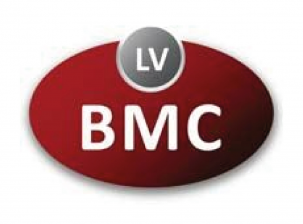.
Targeting autoimmune mechanisms for the prevention of gastric neuroendocrine tumours
Project/agreement No.
lzp-2022/1-0102
Project funding
300 000.00 EUR, RSU co-funding 120.000 EUR
Project manager
prof. Dr.med. Ilze Konrāde, Vita Rovīte
Project realization
01.01.2023. - 31.12.2025.
Aim
Investigate determinants of the AAG development and transformation to G-NET in a complex manner.
Description
The prevalence of different autoimmune disorders (AID) is constantly increasing. Autoimmune atrophic gastritis (AAG) is an organ-specific disease that is primarily asymptomatic in the early stages. Often, the cause of these AAG cases is unclear. This project aims to investigate determinants of the AAG development and transformation to G-NET in a complex manner. We will specifically explore the impact of local and systemic immune regulators, microbiome composition and functionality, alterations in gastric tissue transcriptome, and immune profiles upon specific exogenous and endogenous factor interaction, as well as relation to other autoimmune disease development and micronutrient deficiencies.
Specific objectives:
- To investigate AAG incidence in patients with other autoimmune disease backgrounds by evaluation of immunogenic properties and microbial component contribution to early AAG development;
- To determine gastric microbiota diversity and functionality alterations in two-year follow-up in AAG and G-NET patients;
- To profile immune-landscape by characterization of neopterin levels, cytokine profiles and evaluation of T helper immunoreactivity;
- To evaluate zinc, selenium, iodine, magnesium, manganese and D and E vitamin levels in AAG patients to estimate whether AAG contributes to the decrease of specific micronutrient blood levels or AAG could be linked with other AID via impaired micronutrient regulation.




